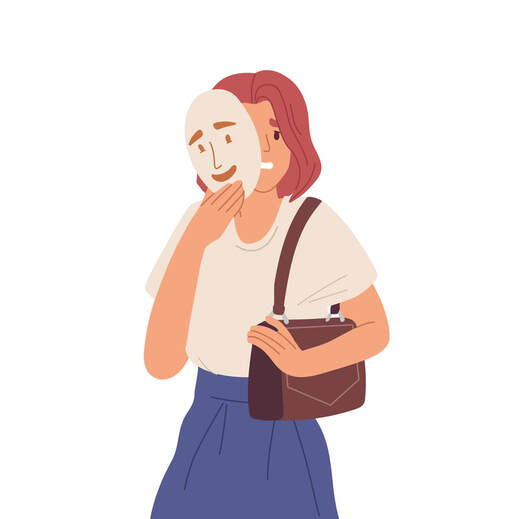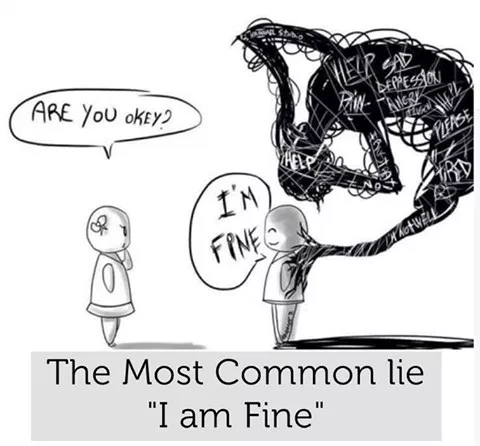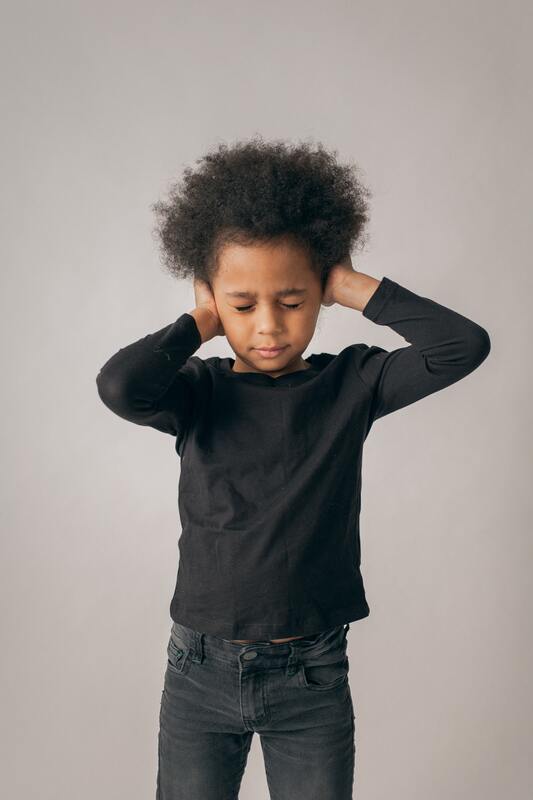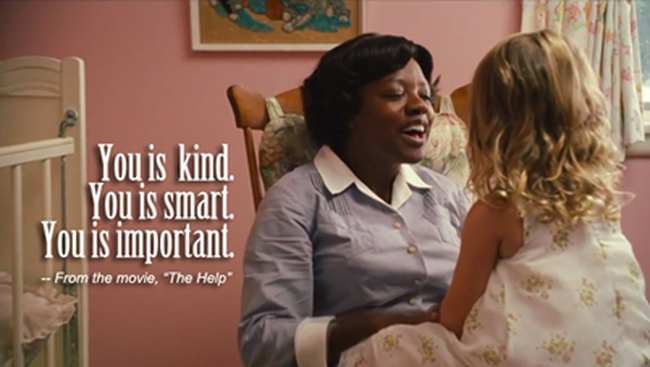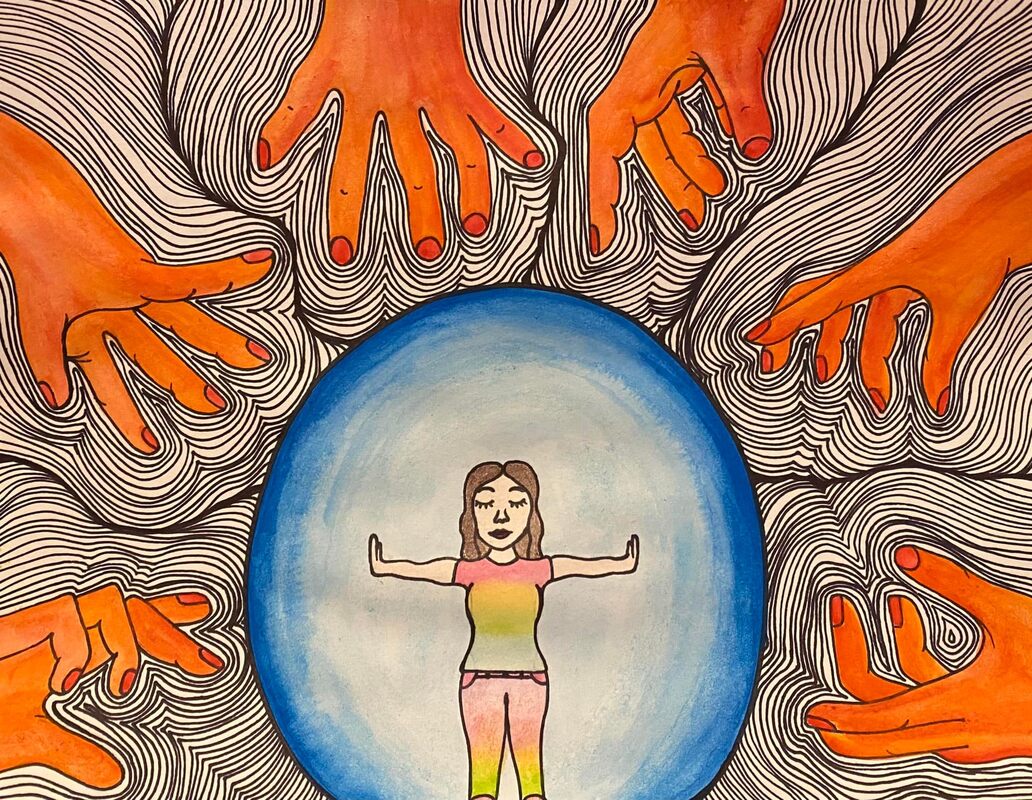Defining People Pleasing
People pleasing is tricky to define. It is not a mental illness, it is not a medically recognized problem. There isn't a universally agreed upon definition, though it's increasingly becoming something we talk about. So what is it?
People-pleasing is a coping strategy, a survival response; i.e., the way we learned to deal with the real problem, rather than the problem itself. It is a particularly old coping strategy, usually tracing back to childhood.
Again: People-pleasing is a symptom of the real problem, rather than the problem itself. Of course, like many unsustainable coping strategies, it can become a problem in itself.
So what is the real problem? People-pleasing typically stems from fear of abandonment, a fear that the people in our lives won't really be there for us when we need them most. With this comes a deep shame, a not feeling good enough to "earn our keep" in relationships or communities. Some folks struggle with this most in romantic relationships; for others, this can show up more in other contexts, such as in relationship with family, friendships, or at work.
More on the roots of people-pleasing below. But first, let's zoom back out. People pleasing has a whole constellation of related issues that seem to go together. Here are some of them.
Issues Associated with People Pleasing
- Anxiety
- Depression
- Conflict avoidance
- Codependence; losing oneself in relationships
- Insecure attachment
- Self-esteem issues
- Self-worth issues
- Self-criticism
- Perfectionism
- Overachievement
- Compulsive helping
- Stress for helping professionals
- Caregiver stress
- Disproportionate load of family caregiving
- Motherhood stress
- Burnout
- Compassion fatigue
- Exhaustion
Of course, these issues can also be a problem for non-people-pleasers. Still, they tend to look a specific way for people-pleasers. (For more on how anxiety and depression look specifically for people pleasers, see my next service pages).
So now that we've looked at the whole array of issues that people pleasing tends to go along with, let's clarify what people pleasing itself actually looks like. Here are some of the "symptoms", or common presentations.
People-Pleasing: The "Symptoms"
- Difficulty saying no, setting limits, setting boundaries
- Difficulty asking for what you want, even for small things
- Excessively worried about what others think
- Not feeling "good enough" as you are
- Not feeling safe enough to be "real," to be authentic; to show your "true self."
- Fear of others getting angry
- Fear of one's own anger; anger suppression (which leads to building resentment and, ultimately, explosive anger)
- Fear of rejection and abandonment (this is a core issue)
- Giving more than receiving in relationships
- Feeling insecure in relationships
- Feeling exhausted and burned out caring for others
- Taking too much responsibility for others' pain.
- Difficulty asking for help; discomfort with expressing vulnerability
- Self-sacrificing; self-neglecting; viewing self-care as "selfish"
- Excessive feelings of guilt, shame, and fear
- Shrinking oneself; not wanting to take up space
- Self-silencing; silencing one's own feelings and needs to stay "safe", to make others feel comfortable.
People Pleaser Strengths
It's not all bad news! People pleasers tend to have the following strengths:
- Highly sensitive, "superfeeler"
- Very caring; high capacity for empathy
- Very responsible
- Conscientious; hard working;
- Very devoted to other people, communities, or social causes.
- Able to understand and even anticipate the feelings and needs of others
People-Pleasers as Highly Sensitive Parent Pleasers
So now that we've laid some basics out, let's go deeper, more root-cause.
People pleasing patterns tend to start early in life, with highly sensitive children and overburdened and less emotionally sensitive parents.
As young children, people pleasers tend to be highly sensitive. They tend to be “super-feelers” - with a complex and rich inner life. Their feelings are intense; their nervous systems more sensitively wired, it takes less to upset them. At the other end of the spectrum, it takes less to bring these sensitive children into positive states like awe, wonder, joy, etc; i.e. higher highs, lower lows. Sensitive children (and adults!) tend to be extra sensitive to sensory information like scratchy materials and loud sounds. They tend to be impacted more by violent movies or bad news. On the flip side, they tend be creative and empathic, and to have a special connection to nature, spirituality, and the experiences of others.
So sensitively wired, these children are particularly good at sensing ways in which parents are stressed, and yearn to help.
People-pleasers' parents and families tend to be overburdened and undersupported. Perhaps one or both parents has a mental health disorder, perhaps a sibling has a physical health condition. Maybe there was parental conflict or divorce, and not enough extended family or community support.
In other words, parents are struggling in some way, and the highly sensitive child picks up on it. They yearn to ease the tension, heal the rifts, make things better for everyone else. They tend to take on the role of peacemaker, middleman, mediator. Their focus becomes: How can I help my family? - rather than - How can I get my own needs met? They become the emotional parent; their parent, the kid, as far as feelings are concerned.
In other words, parents are struggling in some way, and the highly sensitive child picks up on it. They yearn to ease the tension, heal the rifts, make things better for everyone else. They tend to take on the role of peacemaker, middleman, mediator. Their focus becomes: How can I help my family? - rather than - How can I get my own needs met? They become the emotional parent; their parent, the kid, as far as feelings are concerned.
The help that parent pleasers offer varies; it can look like huge efforts to clean the home, care for siblings, or it can be more subtle, more internal: A child silences their own worries so as not to add to their parents' burdens. A child silences their own desires so as not to cause any additional stress. A child feels guilty being happy when they see their parents struggling, so they tamp down their own joy.
And this is off balance. at least from a "Western" perspective. A healthy kid is able to have a strong desire to contribute to the family without excessively sacrificing their own needs and feelings. Without feeling like they are not enough unless they are over-helping; like they are never allowed to ask for anything, not allowed to add to the burden, and need to be the "good kid" at all times. A parent pleaser is rarely able to be a true kid - to playfully and safely explore themselves and the world around them; to follow their own desires.
Parent-pleasing kids just want to be the good kid at all costs - costs to themselves, their development, their aliveness.
While parent-pleasers of all genders exist, there seems to be a disproportionate number of girls, given the pressures on girls in particular to be "good girls," to gaze outward at what everyone around them expects or needs, rather than inward, to what they desire.
While parent-pleasing children tend to be especially tuned in to the needs and feelings of their parents, their parents tend not to have been particularly sensitive to their feelings. However well-meaning, even loving, their parents tend to not have been very good or consistent at helping them feel better when they were in emotional pain. Instead, they were dismissed or subtly attacked in response: "Get over it! Stop being so Sensitive!"
From the perspective of attachment science, children need to know that at least one adult is consistently available, enough of the time, to help them feel better when they have hard feelings; to be a safe haven. Relatedly, kids need affirmation; they need to know that, enough of the time, their caregivers' eyes light up when they walk into a room.
People pleasers' parents tend not to have offered this enough, given their own struggles, their own fragility, or their own emotional immaturity. They tend to have been narrowly focused on their own worries and concerns, and not responsive enough to those of their child.
Parents may have offered practical support, even been loving and warm at times. On some level, they did the best they could. Still, a key injury has taken place, a form of emotional neglect/abandonment. No one was really there for the child, helping her feel safe and good as she is.
The message the child has thus received is twofold: I can't count on others to be there for me, and I can't be myself, because I won't be accepted. I'm alone, and I'm not good enough as I am.
Parent Pleasing as a Survival Strategy
Enter people pleasing. Parent pleasing is a survival strategy, a way for a child to stay connected to a fragile or insensitive parent by pleasing them, taking care of them emotionally, at the cost of staying connected to oneself. The (unconscious) hope is that, by helping the parent, they can gain access to love and attention, safety and support; they can earn it. Because they can't depend on it, just by being themselves.
In other words, they reason - If I can just be good, help my parents or family, maybe eventually I'll feel safer, I'll get the help and support I need too. Maybe I'll even be recognized and celebrated for my efforts! And parent pleasers often are celebrated, at times, but it is conditional; it is not for who they are, but for what they do for others.
In other words, they reason - If I can just be good, help my parents or family, maybe eventually I'll feel safer, I'll get the help and support I need too. Maybe I'll even be recognized and celebrated for my efforts! And parent pleasers often are celebrated, at times, but it is conditional; it is not for who they are, but for what they do for others.
People Pleasers as Adults
People pleasers carry their abandonment wounds into adulthood. They fear that other people won't like, love, or respect them enough as they are, given their early histories with parents and family. They feel that they need to earn their keep in relationships, or more broadly, in society as a whole.
This can manifest in a variety of ways. It can be subtle - like being overly smiley, nice, and accommodating. It often looks like depression, anxiety, and self esteem issues. Or it can be more like codependency - staying in relationships that are kind of parasytic, that involve giving and giving and giving and very little receiving. It can also look like over-working, over-giving to social causes, to service users. People pleasers also tend to carry a disproportionate load of family caregiving.
Healing from People Pleasing
If all of this sounds sad - know that it is sad! In fact:
💙Feeling this sadness and grieving past wounds is a big part of healing from people pleasing!
💙Feeling this sadness and grieving past wounds is a big part of healing from people pleasing!
💙Healing is also about working through the fear of rejection and disapproval from others, as well as the excess guilt and shame that people pleasers tend to feel.
For example, in reading what I've written about parents of people pleasers, you may be feeling guilty considering ways that your parents may have let you down. You are probably really in touch with their feelings, how hard it was for them, and don't want to seem critical or ungrateful.
The good news is that you don't have to get rid of your empathy, your caring, to heal from people pleasing! It is possible to have empathy for others, and to hold them accountable for ways they have hurt you, intentionally or not.
💙Healing from people pleasing is about cultivating healthy, kind boundaries. Boundaries can be firm and kind.
💙 Healing from people pleasing is also about reconnecting with yourself, your inner world, your aliveness, your desires. It is a process of self-exploration.
💙 It is about expressing yourself! Taking up some space in the world. Finding your voice, and using it. Letting yourself - the real you - be seen.
💙 It is about reparenting yourself, showing yourself and your "inner child" the acceptance, affirmation, and compassion that you've shown others for as long as you can remember.
If you're ready to begin healing from people pleasing, to reclaim yourself as the centre of your own life, while learning to help and connect with others in a more balanced, authentic way, reach out.💙
Proudly powered by Weebly
